What It's Really Like to Work for the Royal Family
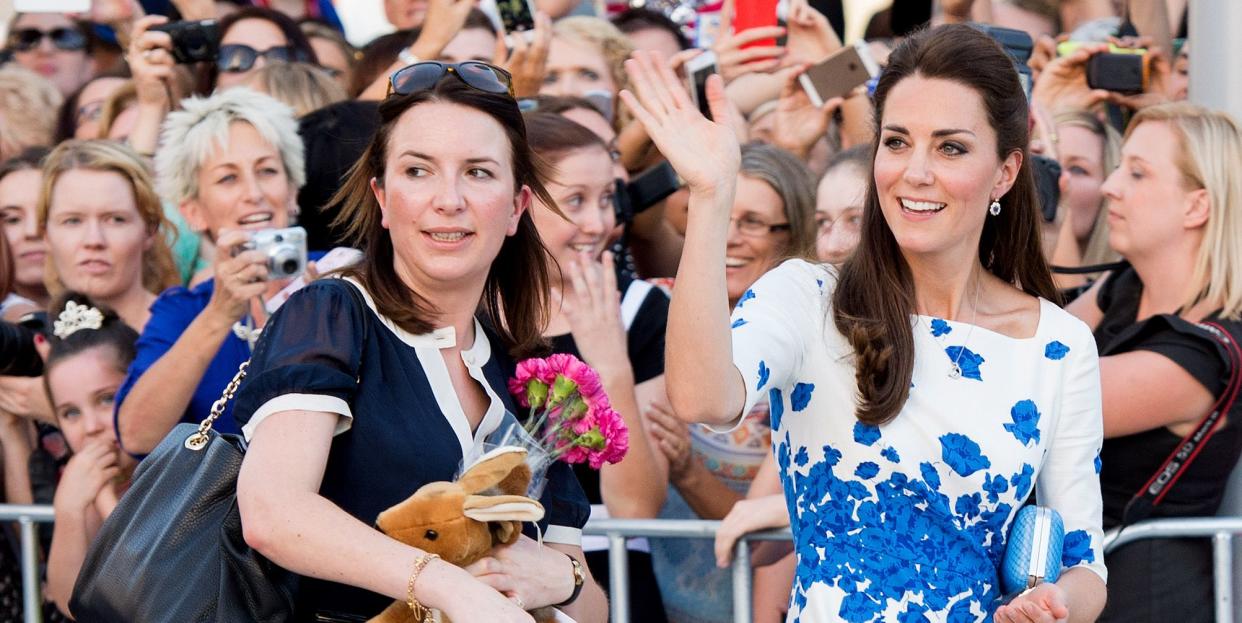
From traveling around the world in private jets to dancing with the Queen at Balmoral and attending secret film screenings at Buckingham Palace, here's what it's really like working for the most famous family in the world.
Here's what it takes to land a job at the palace.
If you thought you slogged through the application and interview process at your current job, spare a thought for anyone wanting to work for the royal family.
Simon Morgan, the founder of global security company Trojan Consultancy, who served as a Royal Protection Officer from 2006 to 2013, told T&C that to land his job with the royals, he already had be a highly experienced police officer working for the Metropolitan Police. Rather than being employed by the palace, protection officers are police officers who specifically apply to work for the royal family.
"You have to be an experienced police officer first. If you’re going into royal protection, you’re looking at no less than 10 to 15 years service, pending on the previous roles you have come from," he said.
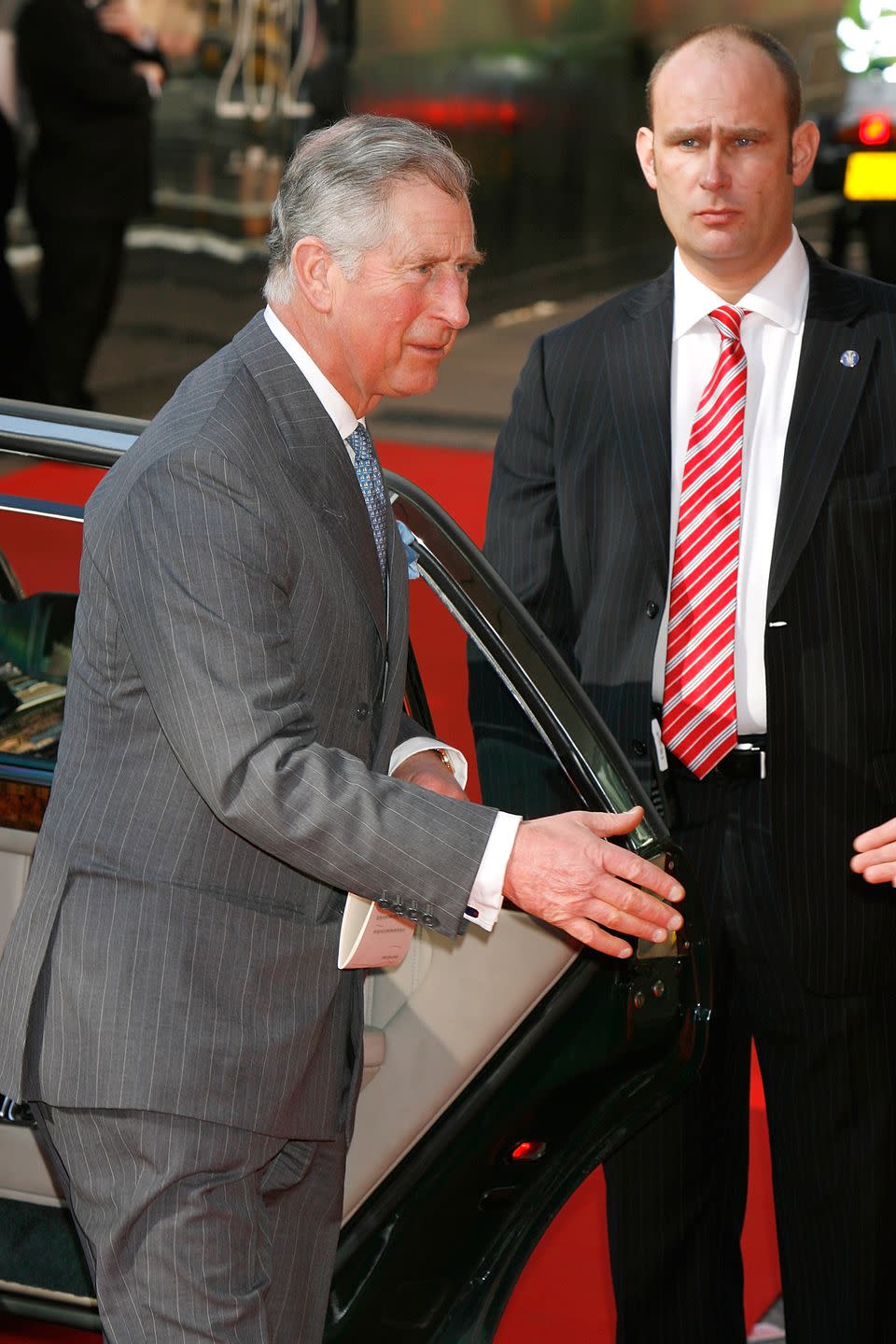
"There is quite a rigid process to go through. You start with a written application that goes through to the royalty protection unit, and then, if you pass that element and have all the evidence and skills required around leadership and decision making, you’ll be invited to an interview led by senior protection officers to see who the person is behind the application."
Morgan had previously worked on the frontline of firearm teams, specific armed units within the police force, and had many of the key skills required of royal protection officers already under his belt. "If you pass the interview, you’ll then attend a two-day selection course whereby you’re tested to see if you have the mindset to be a protection officer. They give you the day from hell and assess you on how you react to it," Morgan explained.
"If you pass that, you then get put on the respective courses you need. I just had to do the five-week bodyguarding course. If you don’t pass, your whole application is withdrawn. The royal protection team then check in with your department to see when they’d be prepared to release you, and once released, you then join the royal protection unit."
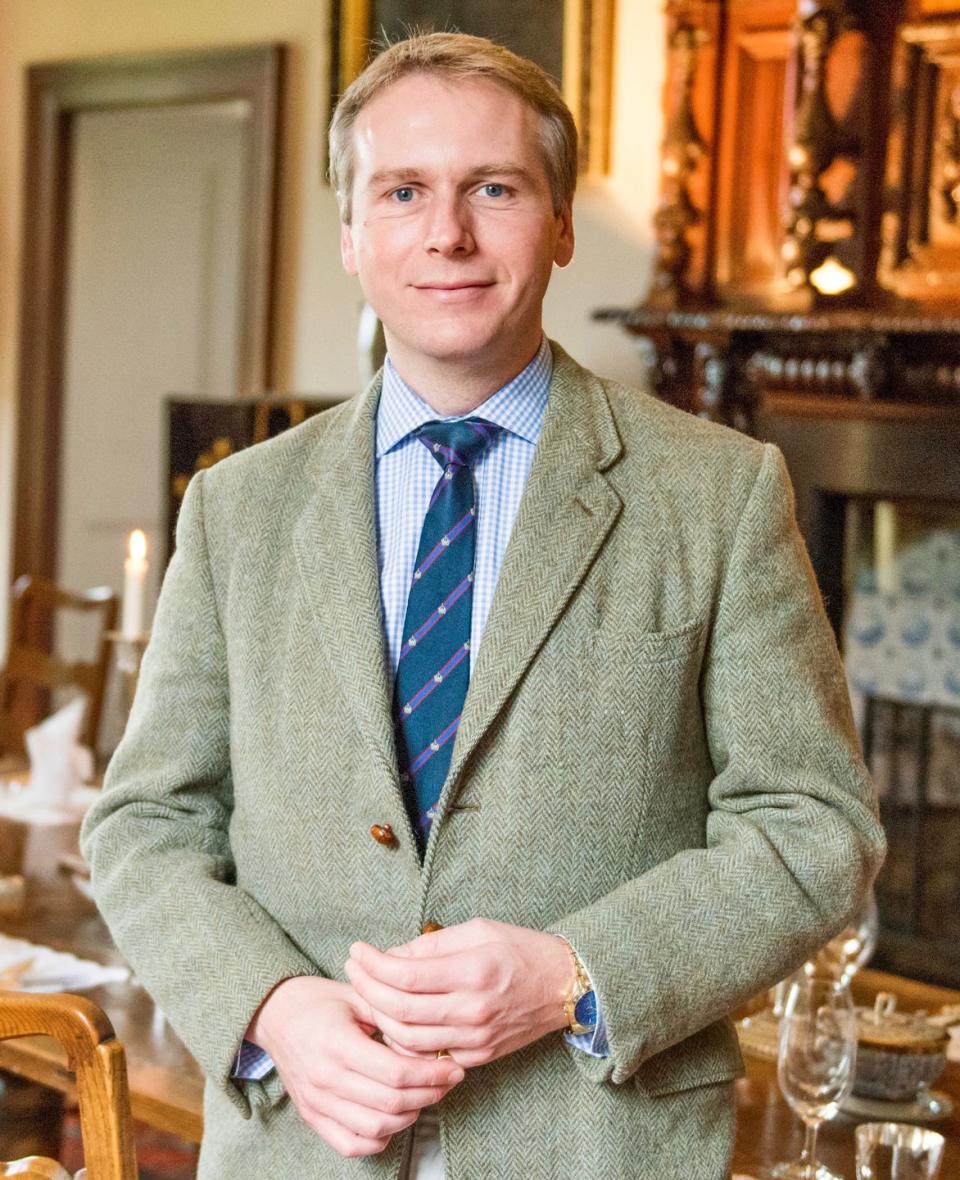
Grant Harrold, who worked as a butler to Prince Charles and Camilla, the Duchess of Cornwall, from 2004 to 2011 and now runs The Royal Butler etiquette courses, revealed to T&C that working for the palace was always his biggest career goal. "I was fascinated by the film The Remains of the Day and after seeing [the movie], it became an ambition to be a butler," he said. "I, of course, thought that the highest goal was to be a butler for the British royal family, and I made that dream become a reality."
After working in the household of Swiss financier Urs Schwarzenbach and later, of army officer Major Christopher Hanbury, Harrold moved to Woburn Abbey to serve as a butler to the Duke and Duchess of Bedford.
"I was very lucky to have worked for a wonderful family at Woburn Abbey. This family, the Bedfords are the most wonderful, kind, and caring of people, who taught me very well in private service prior to my move to the Prince of Wales's household."
Harrold saw the royal butler job advertised through an agency in London and applied. "This led me to eventually meeting the Prince of Wales at an interview after a lengthy three-month or more process," he explained. "I remember being nervous when I met the Prince of Wales, and he somehow managed to take the nerves away as we had afternoon tea and simply spoke to each other. I must have done something right that day as I was in a position very soon after."
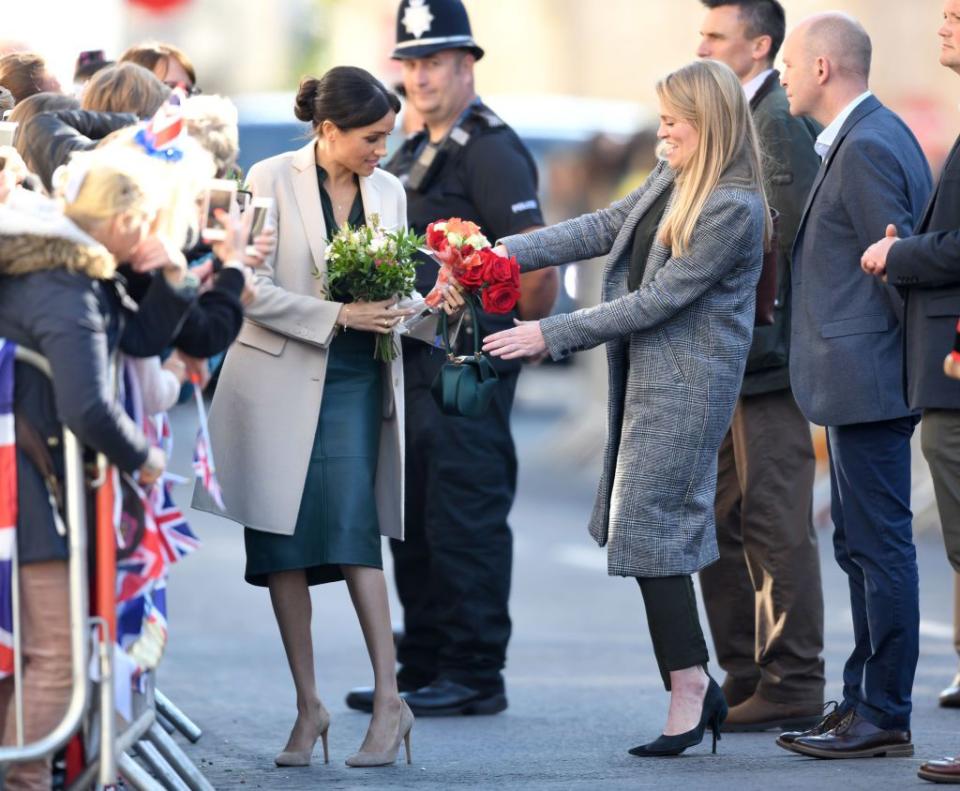
Understanding the dos and don'ts of interacting with the royal family.
Working for the royal family means grasping a whole new set of specific protocols. This, of course, isn’t an ordinary job; your boss is the head of state.
"[The royals] are used to protection, it’s called cradle to grave, that’s what they get, and they very much know how protection officers should work, behave, and look," Morgan told T&C. "They understand all these things before you even get there."
Morgan was given a "two-week introduction course," as an orientation of sorts, which gave him all the key information he needed to get started.
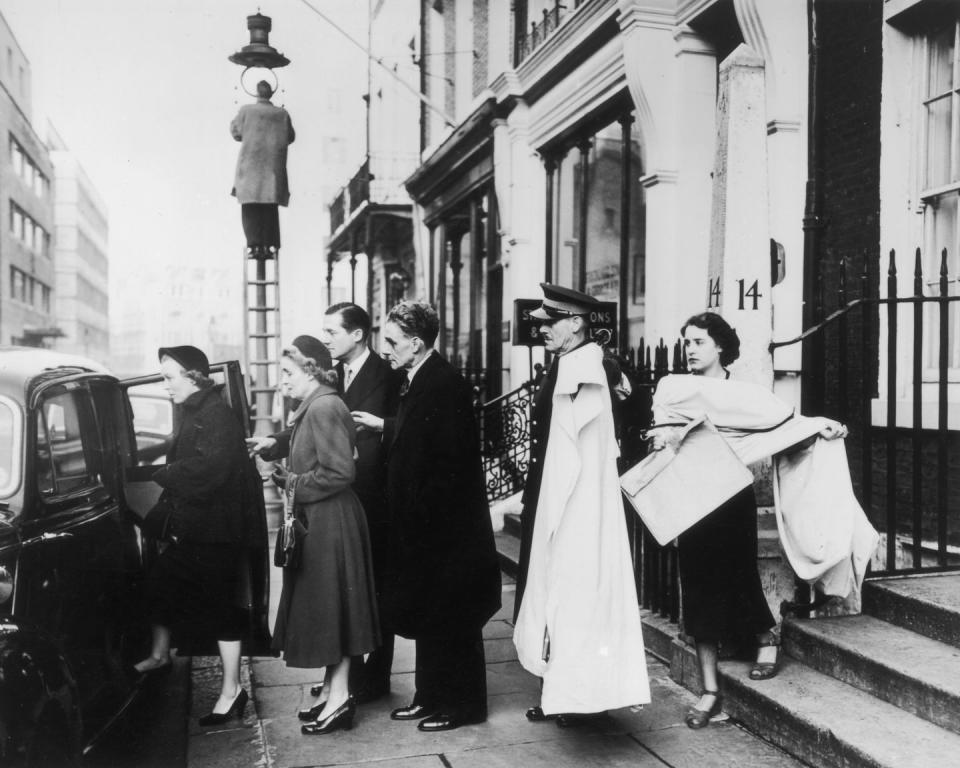
"You go out with experienced protection officers, they show you around all the royal residences, you go through the family members, who’s on what team, how the structure of the household works, and the chain of command that you have within that role," he said.
"You’re also taught how you speak to people, and how to address the 'principle' is massively important. There has to be an acceptance that you are in their life. You have to be very respectful of the role that they occupy. You’re there to support them like any other support role, to help them do their job."
For Harrold, understanding how to correctly speak to a member of the royal household was vital in his role as well. "I learned very quickly how to address a royal when meeting with them and these guidelines are even shown on the British royal family website, if anyone wants to know the correct way. I still think that being polite and yourself normally helps in any situation."
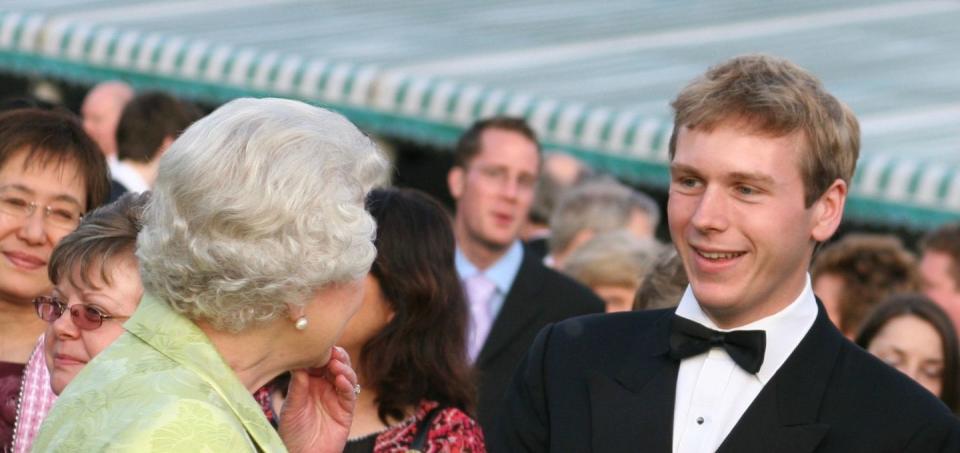
Being a royal confidant is also a big part of the job. Morgan admitted that away from the public glare of official visits, private situations often led to more personal interactions with the royal family.
"Walking the dogs or generally going for a walk with them opened up a variety of conversations-sometimes that of two adults who are just talking, be it chatting about something important or trivial," he said.
"If you can’t communicate with someone, then you will struggle. A royal protection officer needs to be able to walk and talk at the same time."
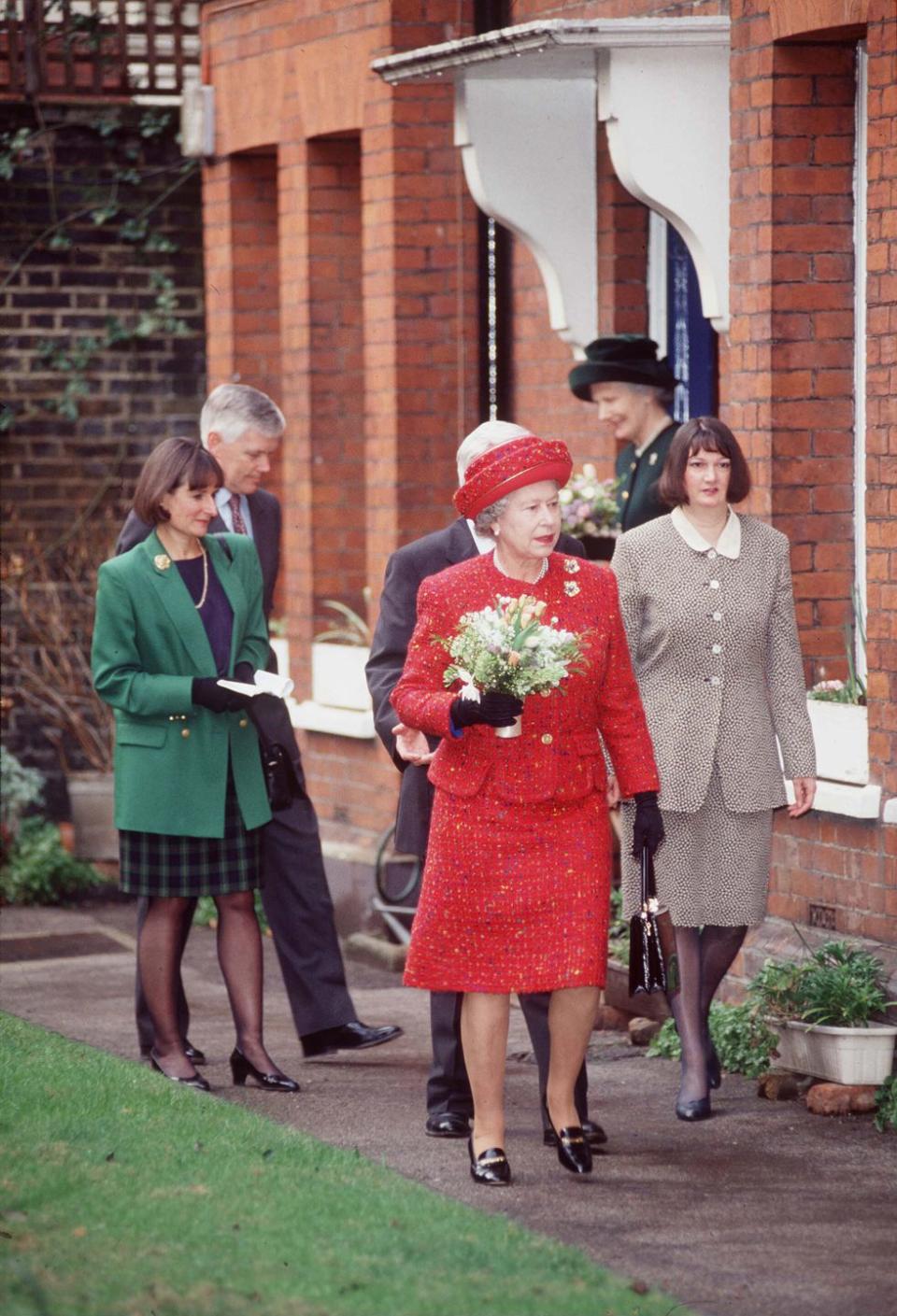
The perks of the job.
Aside from the massive kudos you get from all your friends and family for working for the royals, there are other perks that come with the job, some bigger than others.
Current employees, who have asked to remain unnamed, mentioned frequent film screenings at the Buckingham Palace cinema, which sometimes take place even before the movies hit the big screen. (Films often get sent to the palace since the royals can’t head to the movies on a Saturday night like the rest of us). There’s also, rather conveniently, a Coutts cash machine for the family and staff to use. Coutts is the official bank to the royal family and known as one of the oldest and most prestigious bank in the world.
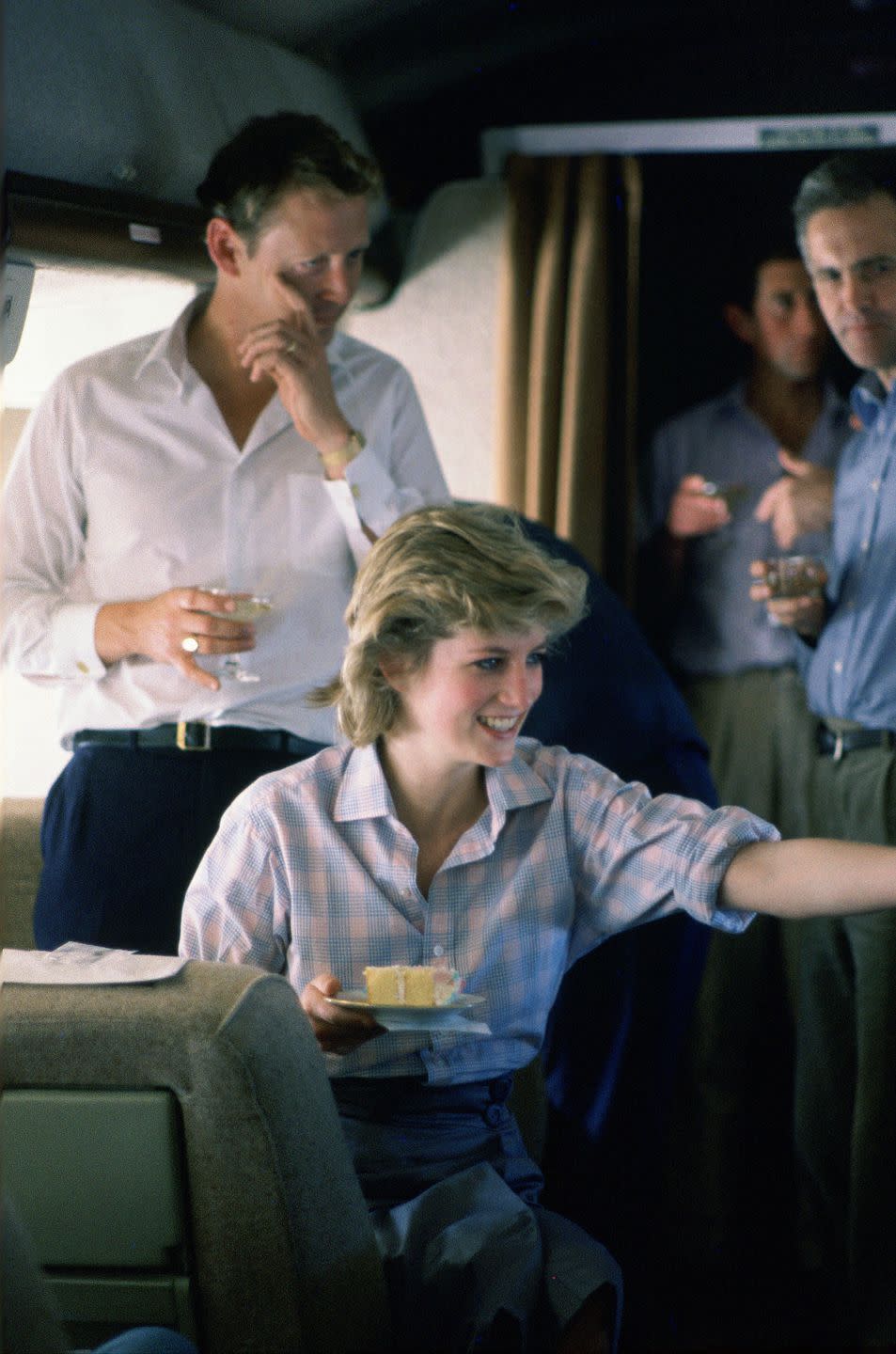
"One of the best things about working for the royal family is when you are recognized for your hard work," Harrold told T&C. "The family would show this by inviting staff to Christmas parties, tea parties, and balls. A fond memory of mine is getting to dance with the Queen at the Gillies Ball in the Balmoral ballroom. It was a very proud moment for a Scotsman!"
For Morgan, working for the royal family opened up a new world. "I’d gone from wearing boots and body armor to wearing a dinner suit, so my world changed massively," he said.
"You find yourself in places you wouldn’t normally have access to. You are very fortunate to be in these positions, to travel by private charter, or travel first class, or to be on super-yachts, or to eat in some of the nicest restaurants the world can offer, but it’s just a job. You go back to your two-up two-down home and life carries on. Your environment might change but you remember you are still a police officer, employed by the Met Police."
There's a lot of pressure involved in working for the royals.
Working for the royal family means your private life is turned upside down. Staff members are expected to be loyal and completely dedicated, which often requires giving up a certain amount of your own personal freedom. Plus, there's a pressure that comes with doing a job so many people want.
"You have long days, days when there are more challenges than others that you have to solve. As a protection officer, everybody all of a sudden looks at you for answers. The eyes turn to you," Morgan told T&C.
"You are working for the world’s number one family, and there is nowhere in the world they can go without being recognized. That’s your biggest pressure, anything that goes wrong has massive implications, which include the threat of life."
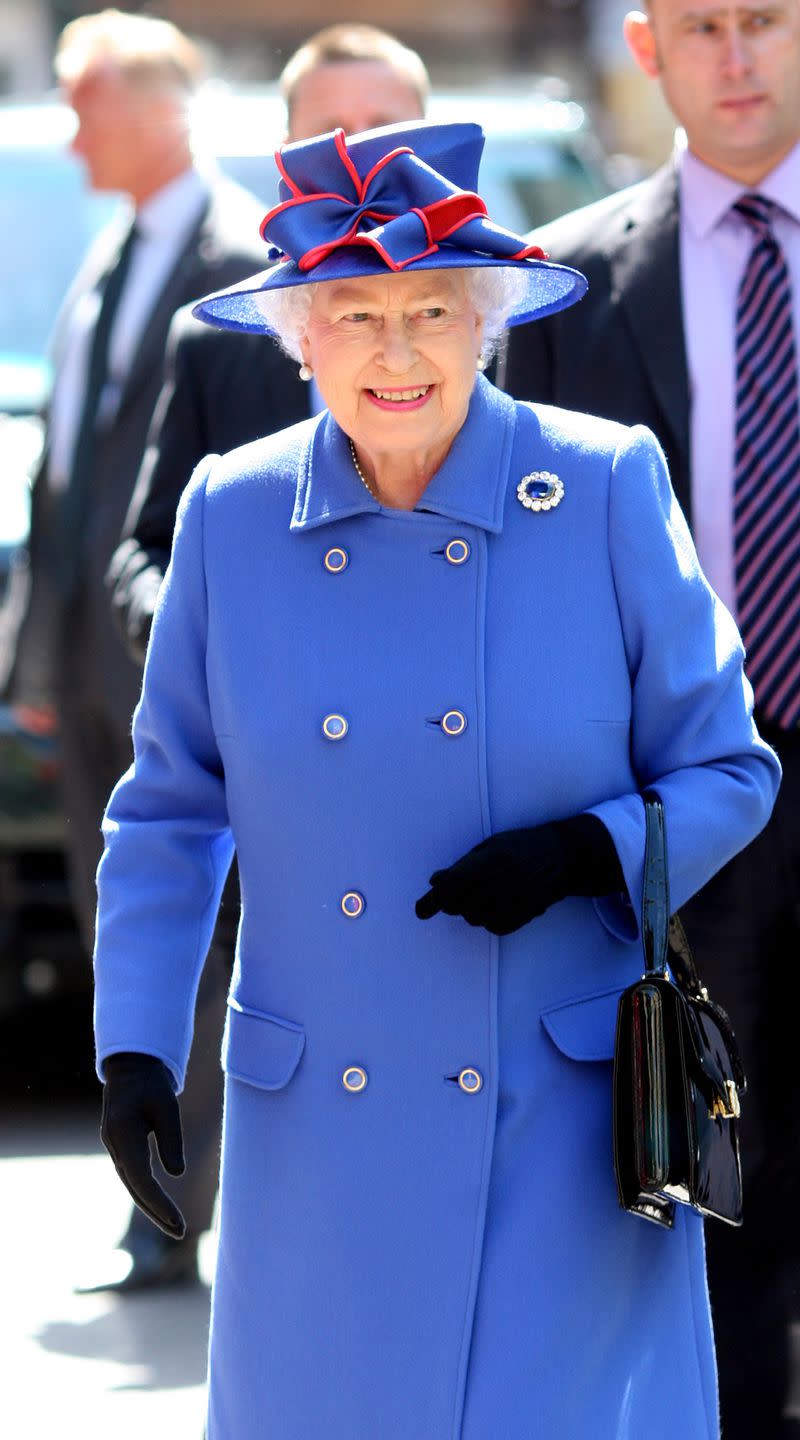
How working for the royal family can impact a career.
So, after beating thousands to work with "the firm," and serving the royal family with absolute discretion and dedication, what happens when you decide to leave?
After serving as a Royal Protection Officer for seven years and working on major events such as Kate and William’s 2011 royal wedding, Morgan wanted to make a change.
"My plan was always to go into the private sector after I had achieved the credibility within the police service and that’s what I did," he said. "I took quite a few former colleagues with me and we set up Trojan Consultancy, offering protection for people of wealth, visibility, and status ... We look after 10 percent of the Forbes top 100 list, from famous faces to global brands. Working for the royal family gave me the grounding to do this."
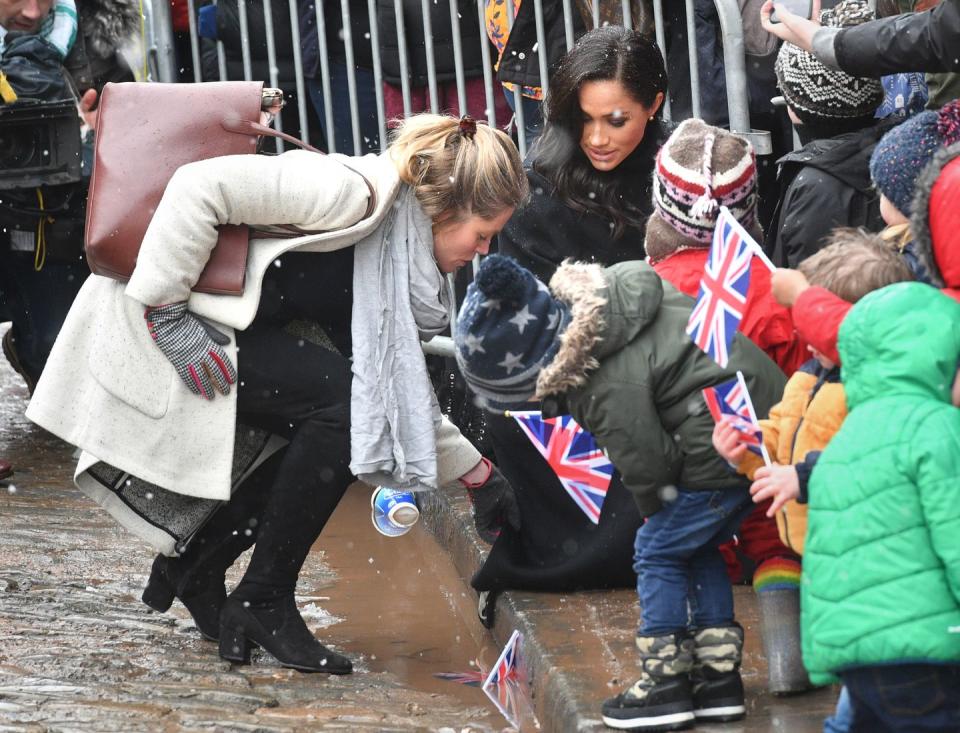
He added, "One client once said to me, 'If it’s good enough for the Queen, it’s good enough for me.'"
For Harrold, his role as former butler has created new career opportunities he’d never even considered. "I have been building my own brand and that is 'The Royal Butler.' I do television shows and media work as well as lots of training," he explained. "I work with HRH Princess Katarina [of Yugoslavia and Serbia] on royal etiquette and butler training. I like to think of myself as an unofficial ambassador for our wonderful British royal family!”
('You Might Also Like',)

